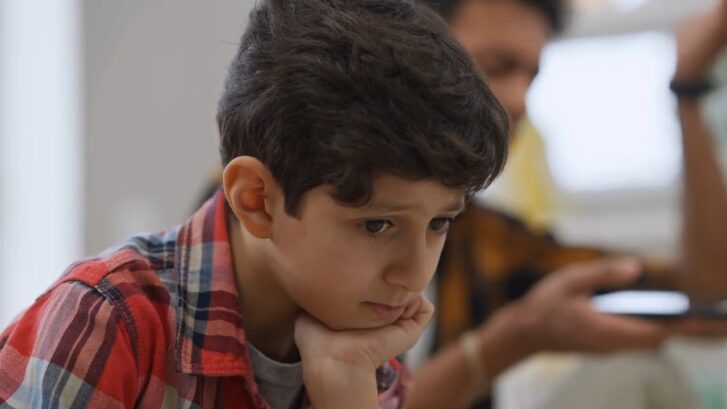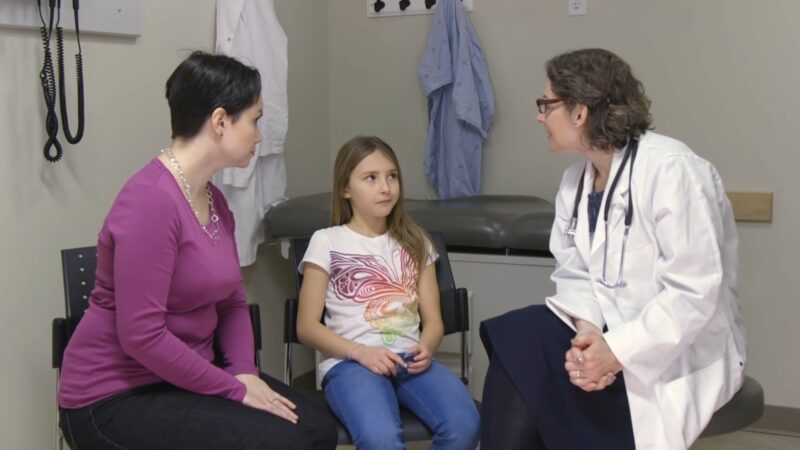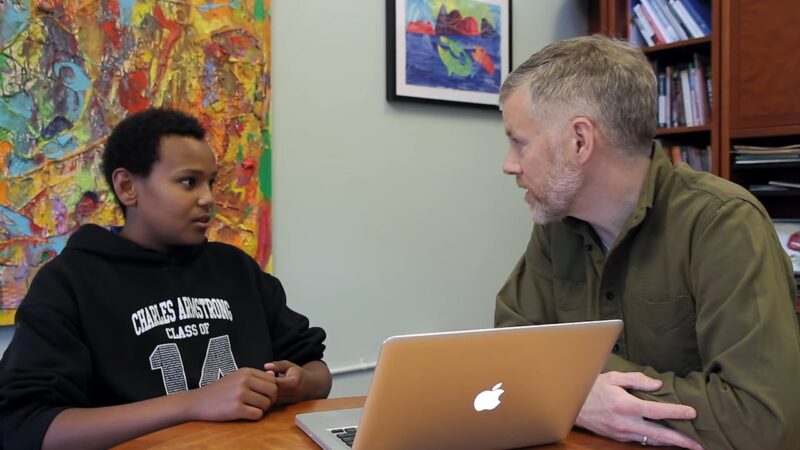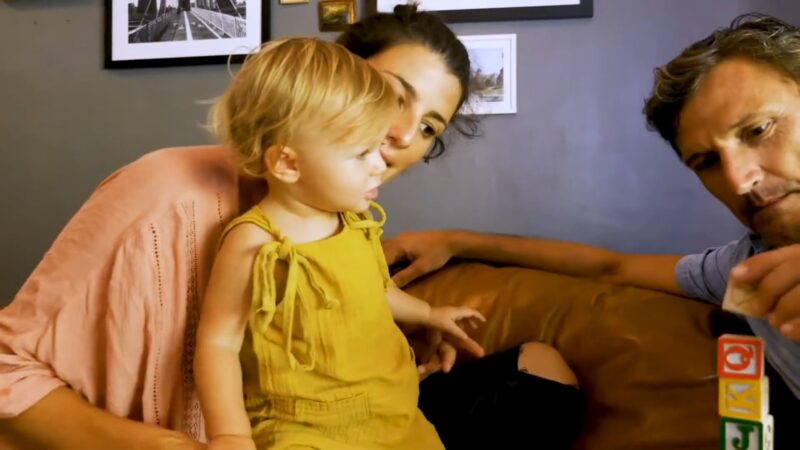Raising a child with Attention Deficit Hyperactivity Disorder (ADHD) presents unique challenges, especially in the realm of discipline. Traditional methods might not always be effective, requiring a more unique approach.
It can be challenging when you have to deal with this situation. People often make mistakes because they don’t know the right approach. That is the main reason why we are advising parents to start using online platforms and get help at any moment. One of the best options is MEDvidi.
Securing the right care and learning more about the triggers and other problems is the best way to provide the best conditions for your child suffering from this issue. We will provide more about the discipline of kids with ADHD in the following article.
Impact on Behavior
ADHD is characterized by symptoms such as inattention, hyperactivity, and impulsivity. These traits often lead to behavioral issues that can be misinterpreted as disobedience or defiance.
Children with ADHD may struggle with following instructions, staying focused, and controlling impulses, which can result in challenging behavior.
Moreover, the symptoms can directly affect a child’s ability to adjust to typical disciplinary practices. Traditional methods like time-outs or scolding might not be effective and can sometimes exacerbate the situation. This difficulty can lead to increased frustration for both the child and the parent, affecting daily routines, schooling, and social interactions.
What Are the Best Strategies?
Establishing a consistent routine helps them understand expectations and reduces anxiety. This structure should include clear rules, regular schedules for meals, homework, playtime, and bedtime. Visual aids like charts or calendars can be helpful in maintaining this structure.
Positive reinforcement is more effective than punishment in managing behavior in children with ADHD. Praising good behavior and accomplishments, however small, encourages repetition of those actions. Setting realistic expectations is also crucial. Understand the child’s limits and set achievable goals, making adjustments as needed.
In tandem with these behavioral approaches, it’s essential to collaborate with mental health professionals to explore tailored anxiety disorder treatments that can complement the established routine, fostering a holistic and effective support system for the child.
While traditional time-outs might not always work, modified versions can be beneficial. Shorter time-outs or taking a break in a designated ‘cool down’ area can help the child regain control. It’s important to explain why the time-out is being given and what behavior is expected afterward.
What are the Treatment Options?
Behavioral therapy is a key component in managing ADHD. This therapy focuses on changing negative behavior patterns into positive ones. It involves setting clear goals, using rewards and consequences, and consistent follow-through.
Medication is often used alongside behavioral strategies in treating ADHD. Stimulant and non-stimulant medications can help improve focus, control impulses, and reduce hyperactivity. It’s important to work closely with a healthcare provider to find the right medication and dosage, as each child’s response can vary.
Creating a supportive and understanding environment is crucial. This includes open communication between parents, teachers, and caregivers. Sharing strategies and observations can provide a holistic approach to managing the child’s behavior.
Adapt to the Unique Needs of Your Child
Each child with ADHD presents a unique set of behaviors and challenges. Adapting disciplinary methods to fit these individual needs is essential. For instance, a child who struggles with attention might benefit from shorter, more engaging tasks, while a child who is impulsive may need more direct supervision and immediate feedback.
Effective communication is a cornerstone of successful discipline. This involves not only talking to the child about rules and expectations but also listening to their concerns and frustrations. An open dialogue helps the child feel understood and valued, fostering a cooperative rather than adversarial relationship. It’s also crucial for parents to communicate clearly and calmly. Being aggressive will only make things worse.
Work with Professionals
Collaboration with educators is vital for children with ADHD. Schools can implement individualized education plans (IEPs) or 504 plans to provide accommodations that assist in managing behavior and learning needs.
Regular meetings with teachers can help monitor the child’s progress and adjust strategies as needed. Teachers can also provide valuable insights into the child’s behavior in a different setting, which can inform disciplinary approaches at home.
Therapists and counselors trained in ADHD can offer guidance and support to families. They can provide specific strategies and tools for discipline, help families understand the child’s behavior, and work directly with the child to develop self-regulation skills.
Have Realistic Expectations
It’s important for parents to manage their own expectations. Recognizing that progress may be slow and incremental is key to maintaining patience and persistence. Self-care is also crucial for parents. Dealing with the challenges of ADHD can be stressful, and taking time for personal well-being helps maintain the emotional and mental strength needed.
Encouraging self-awareness and self-regulation skills will help them manage their behavior in the long term. This includes teaching them to recognize signs of frustration or overwhelm and to use coping strategies like deep breathing, taking a break, or seeking help.
Technology can be a valuable ally in disciplining and educating a child with ADHD. Educational apps that are engaging and interactive can help in maintaining focus and motivation. Similarly, apps designed for behavior management can track progress, set reminders, and provide positive reinforcement.
Local support groups for parents of children with ADHD offer a platform to share experiences and strategies. Online forums and websites offer a wealth of information on the latest research, treatment options, and practical tips for managing everyday challenges.
The key is to use all resources and solutions you have, but also to be real about the situation. You must support your kid and try to understand sudden bursts and emotional changes. That is the only way to ensure progress.
Last Words
Disciplining a child with ADHD requires patience, understanding, and a special approach. Implementing structured routines, positive reinforcement, and effective time-outs, along with exploring treatment options like behavioral therapy and medication, can significantly improve the child’s behavior and overall well-being.
It’s important to recognize that children with high-functioning mental health disorders, such as those on the autism spectrum, may benefit from additional considerations and tailored strategies in the discipline process.
Remember, each child with ADHD is unique, and what works for one may not work for another. Patience and perseverance, coupled with professional guidance, are key to finding the right balance in disciplining a child with ADHD.
Related Posts:
- Treatment for ADHD Without Insurance - Best Tips for 2024
- Urgent Care for Mental Health Management - Treatment…
- 7 Ways Video Self-Modeling Can Help Your ASD Child
- What Is the Highest Degree in Mental Health?…
- How to Become a Social Worker? Education Tips and…
- How to Save on Prescriptions - 7 Practical Tips for…
















